
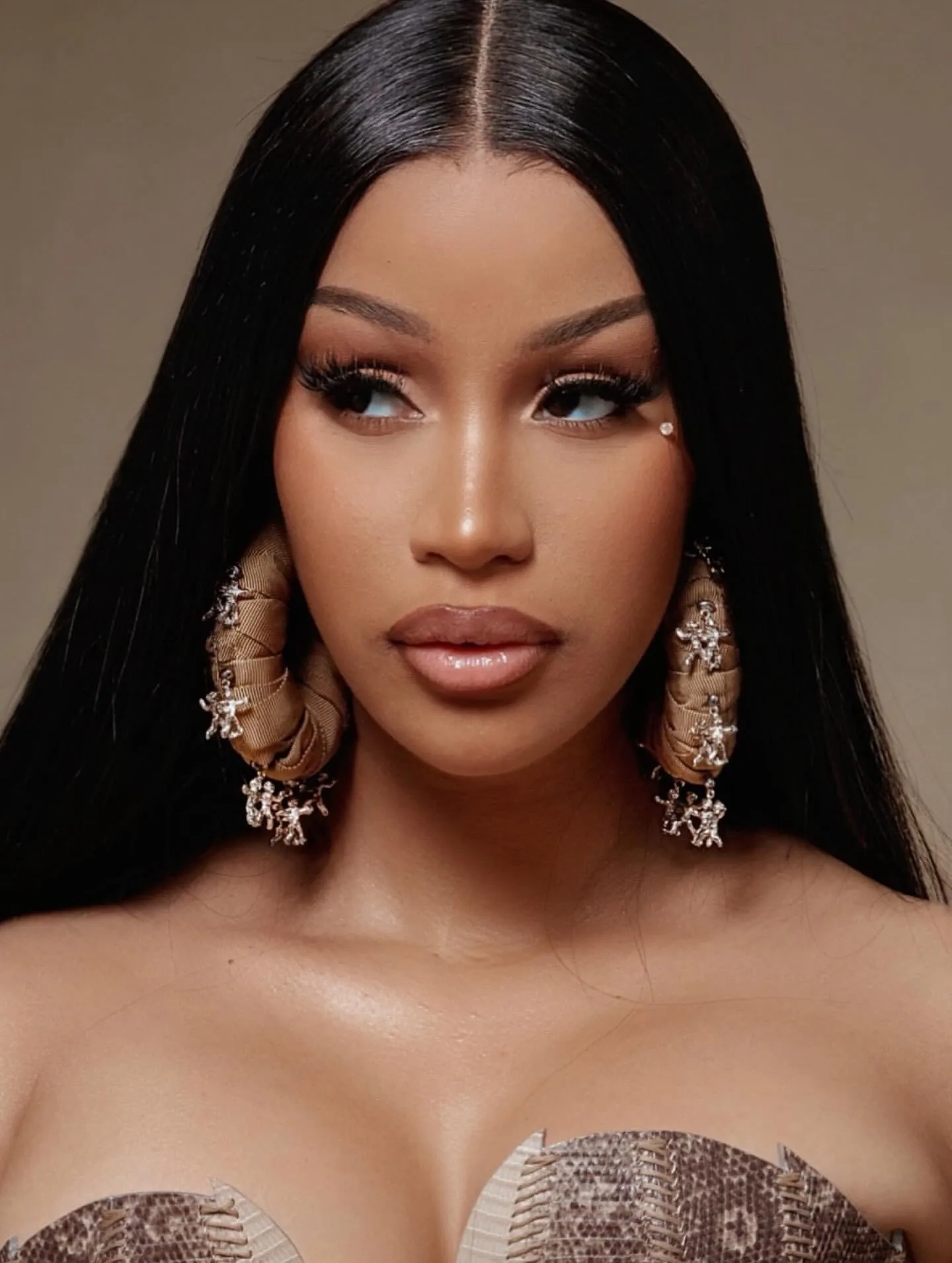
‘Don’t Play With Me!’ — Cardi B Sets the Record Straight on Atlantic Rumors
In the glittering yet chaotic world of hip-hop, few stars shine as boldly—and as controversially—as Cardi B. Known for her unfiltered voice, fearless attitude, and hit-making prowess, Cardi has built a brand on authenticity. But even someone as unshakably real as Cardi B has her limits—and this week, she reached them.
Amid a wildfire of rumors surrounding her relationship with Atlantic Records, Cardi took to social media in classic Cardi fashion: loud, direct, and unforgettable. With the now-viral catchphrase “Don’t play with me!”, she shattered the internet and silenced speculation in a way only Cardi B can.
The Rumors That Sparked a Storm
Over the past few weeks, whispers began circulating on fan forums and industry gossip blogs that Cardi B was parting ways with Atlantic Records, the label that helped catapult her to global superstardom. Some outlets claimed the split had already happened; others suggested that Cardi was being “phased out” in favor of newer artists. A few even alleged that she was refusing to release her sophomore album because of a rift with label executives.
None of these reports were confirmed. But in today’s internet age, it doesn’t take confirmation for chaos to erupt. Fans began to panic, haters celebrated, and the industry buzzed with speculation: Was Cardi B done with Atlantic? Was her career at a standstill? Was this the end of one of hip-hop’s most unlikely success stories?
What made the rumors even more compelling was Cardi’s relative silence. Normally a force of nature on social platforms, she had gone unusually quiet—no new music, no explosive tweets, no rants, no clapbacks. That silence, fans assumed, must mean something.
They were wrong.
Cardi Breaks Her Silence — And the Internet
In a late-night Instagram Live that racked up millions of views within hours, Cardi B finally broke her silence. Wearing a satin bonnet, oversized hoodie, and no makeup, she looked like a woman on a mission—not to perform, but to reclaim her narrative.
And then came the line that lit the fuse:
“Y’all better stop playin’ with me. Don’t play with me!”
The internet froze. Fans watching live began screen-recording instantly. Those words weren’t just a warning—they were a line in the sand.
Cardi continued, her Bronx accent thick and her tone razor-sharp. She addressed the rumors head-on: “I am not dropped from Atlantic. I’m not beefin’ with nobody at my label. I ain’t leaving. I’m working. I just don’t feel the need to share every second with y’all like before.”
With that, the rumors disintegrated. But Cardi wasn’t done.
She called out “fake blogs” for chasing clicks, chastised fans for turning on her so quickly, and promised that new music was indeed coming. “Y’all don’t know what goes on behind the scenes. I’m a mother. I’m a wife. I’m an artist. I’m not a content machine for y’all entertainment. Stop twisting everything I do into drama.”
The Industry Reacts: Respect, Relief, and Realignment
Once Cardi’s livestream ended, social media exploded with reactions. Twitter trended with #DontPlayWithMe and #CardiClearsIt, while TikTok filled up with fan edits and dramatic reenactments of her speech.
Fellow artists voiced their support. Megan Thee Stallion tweeted, “Let my sis cook in peace.” Doja Cat posted a simple “Queen behavior.” Even industry insiders who had quietly entertained the rumors began to backtrack.
One anonymous A&R from a competing label was quoted in a Complex article saying, “Cardi B just reminded everybody that she’s not to be underestimated. She’s not just a rapper. She’s a brand, a strategist, and a boss.”
The Atlantic Records team also issued a subtle statement, reposting Cardi’s Live with the caption: “Still family. Still working. Stay tuned.” It was a move that many interpreted as damage control—but it worked.
Suddenly, what started as a cloud of speculation became a clarifying moment of power. Cardi B hadn’t been cancelled or sidelined. She was just regrouping—and on her own terms.
Cardi’s History with Atlantic: A Complicated Love Affair
To understand why the rumors had so much traction, one needs to look back at Cardi’s relationship with Atlantic. It’s been complex, even from the beginning.
When she signed with the label in 2017, she was still viewed as a reality TV star turned rapper, not a serious artist. But then came “Bodak Yellow”—a monster hit that dominated the charts and proved all the critics wrong. Atlantic backed her fiercely, and Cardi delivered hit after hit, culminating in her Grammy-winning debut album “Invasion of Privacy.”
But since then, her musical output has been… sparse. While she’s released several singles—some wildly successful, like “WAP” and “Up”—fans have grown impatient for a second full-length album. The delays, combined with her occasional social media absences, led to wild theories: label feuds, creative disagreements, or even retirement.
But as Cardi made clear in her livestream, the delays had nothing to do with drama—and everything to do with control. “I want my next album to be better than the first. Period. I don’t want to rush just to feed the algorithm.”
Women in Hip-Hop and the Weight of Expectation
Cardi’s outburst—and the frenzy that preceded it—also speaks to a larger issue in the industry: the way female rappers are scrutinized far more aggressively than their male counterparts.
No one was questioning Kendrick Lamar when he took five years between albums. Or J. Cole. Or Travis Scott. But Cardi B? A few months of silence, and the world assumes she’s been dropped, defeated, or discarded.
In her own words: “I’m not allowed to take breaks? I can’t raise my kids, live my life, and still be a top artist? Y’all act like I owe you something every day.”
Her statement resonated deeply with other women in music. Lizzo posted, “Women are not machines. Cardi said what needed to be said.” Nicki Minaj, despite their complicated past, even liked a tweet that defended Cardi’s right to move at her own pace.
It’s a reminder that, beneath the glitz, these are real women navigating a brutal industry, juggling artistry with expectations that often border on impossible.
What’s Next for Cardi B?
The biggest takeaway from all this isn’t that Cardi B is still signed to Atlantic. It’s that she’s still in full control of her destiny. Her livestream didn’t just clear up rumors—it reasserted her as one of the most authentic voices in pop culture.
In the days since, whispers have turned into anticipation. DJs are teasing unreleased tracks. Cardi posted a photo of herself in the studio with a cryptic caption: “Mood: album mode.” Producers like Tay Keith and Hit-Boy have been spotted liking Cardi’s posts—fueling speculation that the long-awaited second album is finally near.
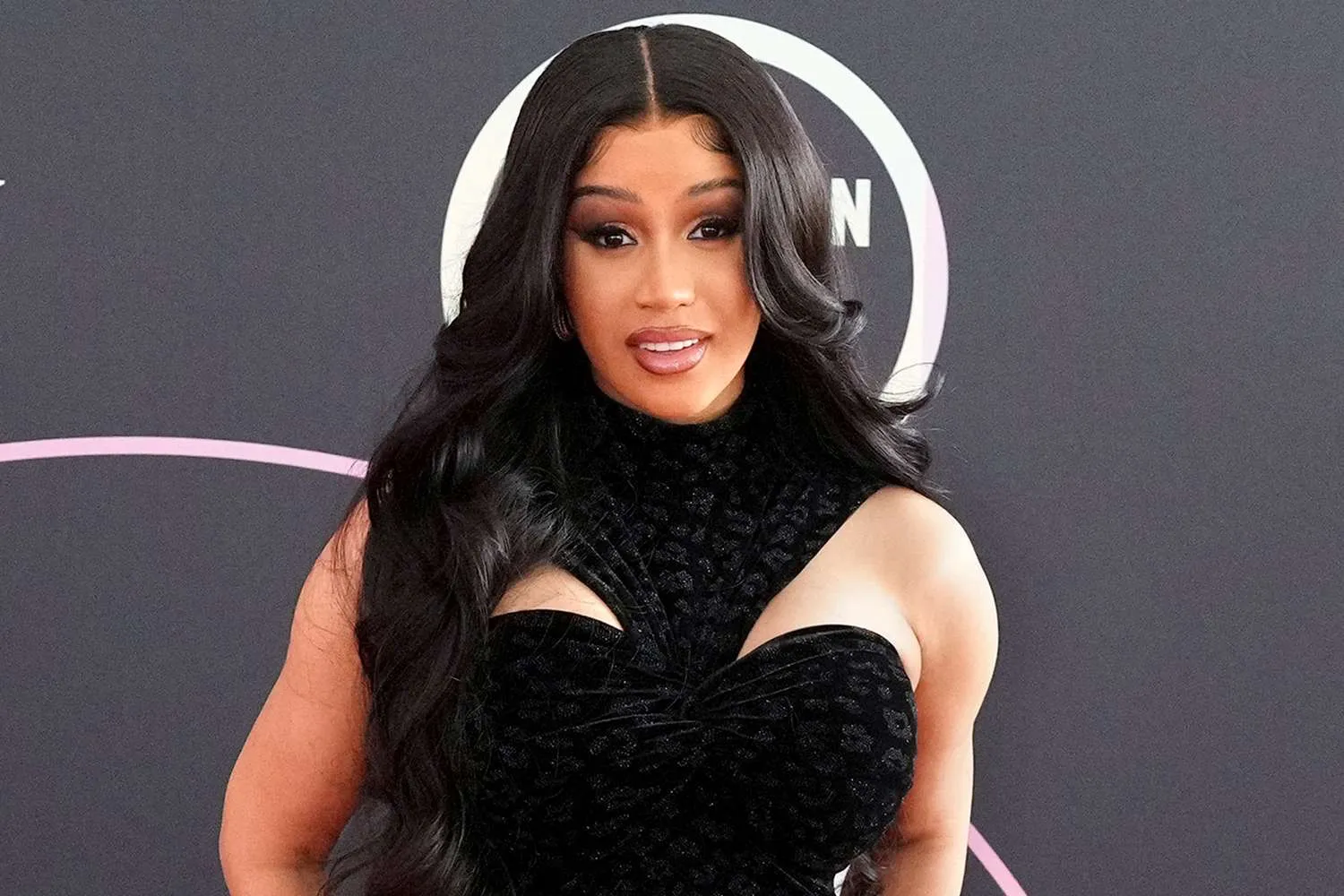
And fans? They’re ready. Not just for the music, but for the return of a Cardi B who’s older, wiser, and even more fearless.
She said it best herself: “I’m not the girl I was in 2018. I’m smarter now. And I’m still that bitch.”
The Final Word: Don’t Count Her Out
If there’s one thing Cardi B has proven time and again, it’s that she doesn’t just survive pressure—she thrives in it. What the world witnessed in her defiant livestream wasn’t a meltdown. It was a reclamation of agency. A refusal to be gaslit by blogs, haters, and even her own fans.
She’s not dropping Atlantic. She’s not being dropped. She’s not quitting. She’s just doing what she’s always done: moving at her own pace, setting her own rules, and flipping every script written for her.
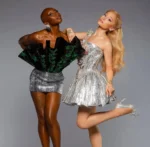








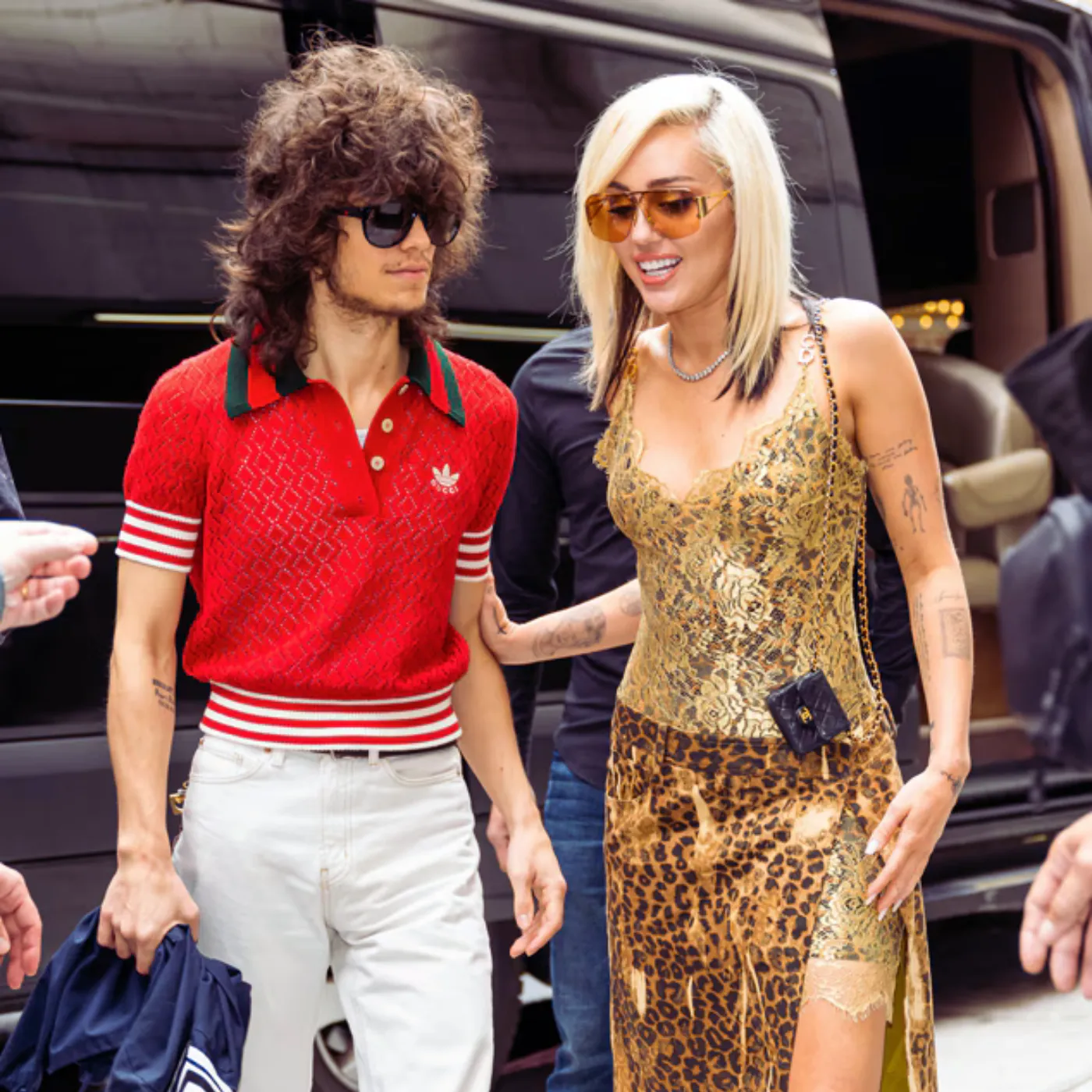
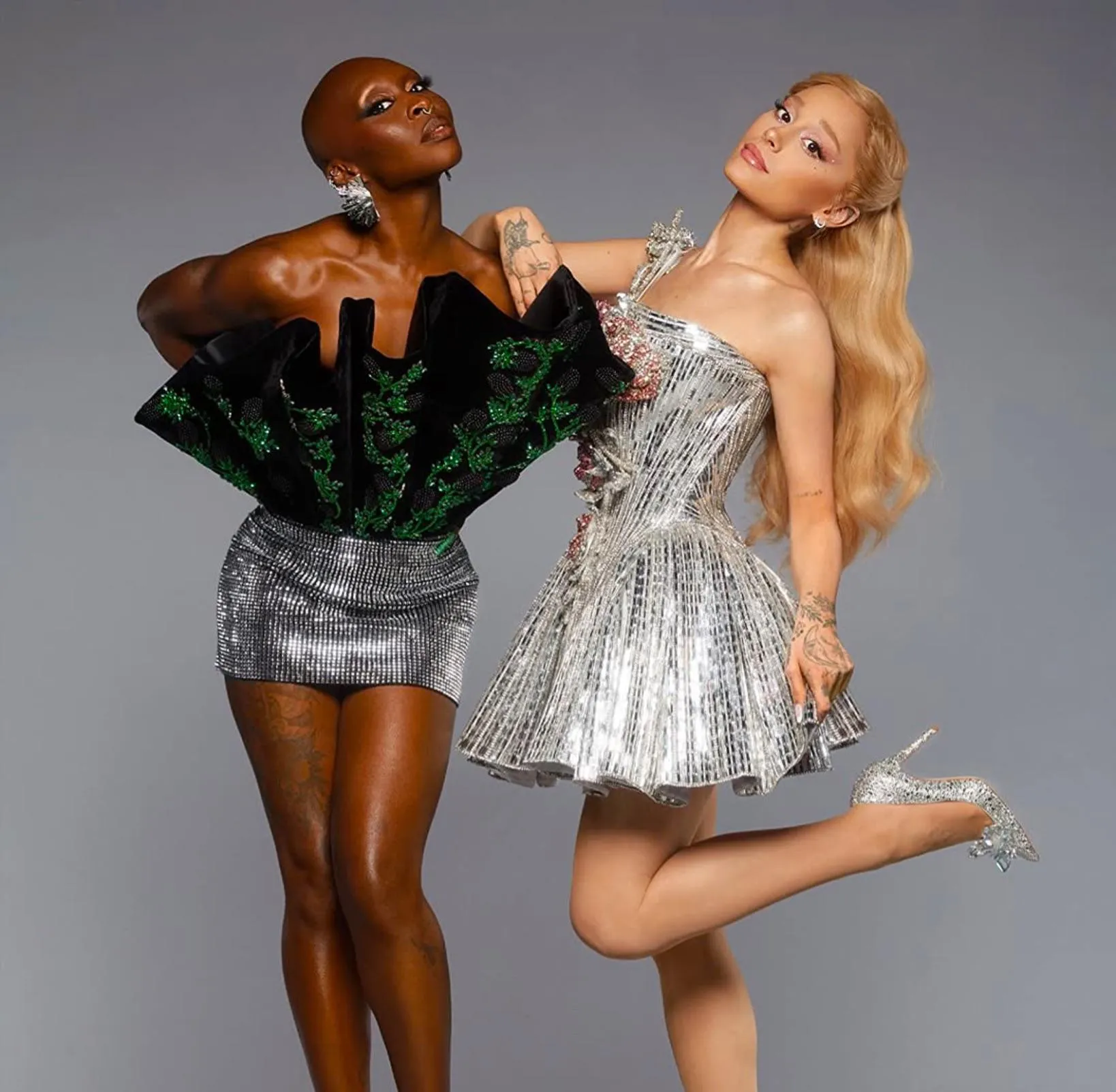
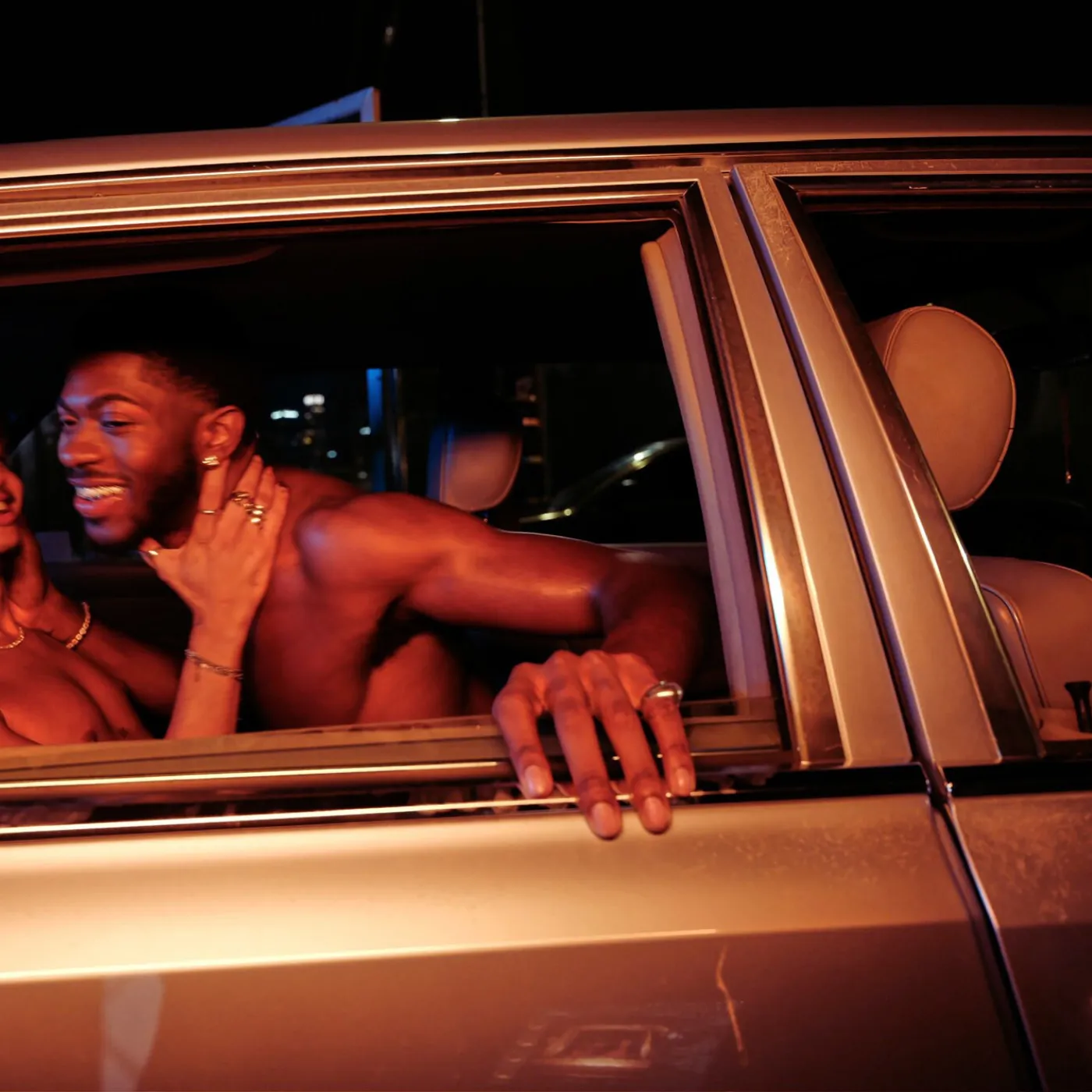








Post Comment